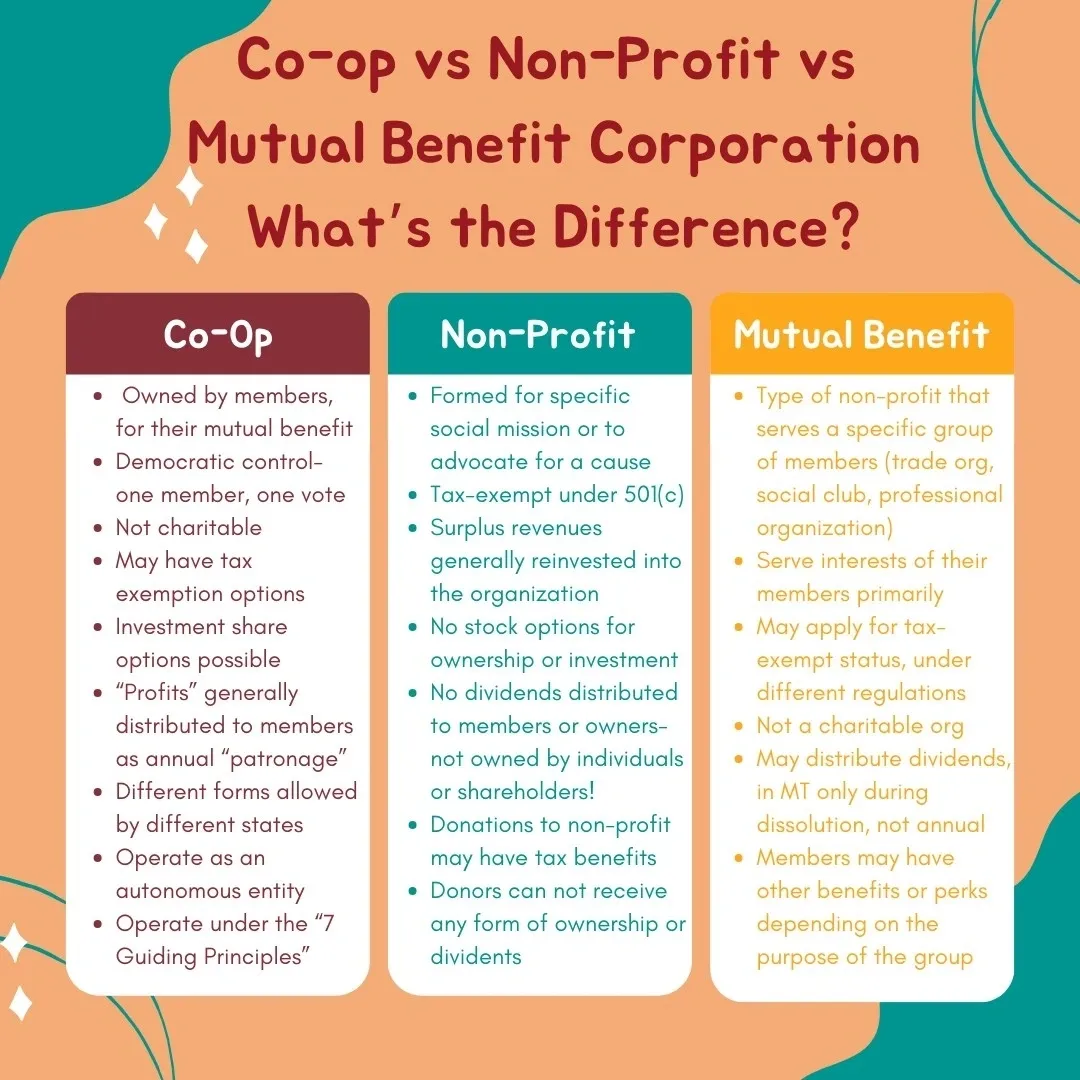Group that opposed OpenAI's restructuring raises concerns about...
A group that opposed OpenAI's restructuring expressed concerns in a recent letter regarding the startup's efforts to safeguard the ChatGPT creator from developing harmful artificial intelligence technology. The group, known as Not For Private Gain, submitted the letter to the California and Delaware attorneys-general, highlighting their reservations about OpenAI's new organizational plan.

Concerns Raised by the Group
The letter, dated May 12, acknowledged that OpenAI's decision to scale back some aspects of its restructuring may be a positive step. However, the group emphasized that these changes do not guarantee that OpenAI will remain true to its original mission of leveraging artificial intelligence for the betterment of society.
OpenAI's Revised Plan
In response to the backlash, OpenAI revised its restructuring plan in May. The company now intends to convert its for-profit division into a public benefit corporation (PBC), with the nonprofit parent entity assuming control and becoming a significant shareholder. By adopting this structure, OpenAI aims to attract more capital to remain competitive in the rapidly evolving field of artificial intelligence.
A PBC differs from traditional nonprofits by striving to balance financial returns with social objectives. While nonprofits are solely focused on public welfare, a PBC seeks to achieve a blend of shareholder profits and community benefits.

Continued Concerns
Despite these adjustments, critics argue that OpenAI's revised plan still prioritizes profits over societal well-being. They pointed out that the current for-profit entity is mandated to prioritize the organization's mission and values over investor interests. In contrast, the proposed PBC lacks this requirement, potentially allowing profit motives to supersede public welfare.
Furthermore, critics highlighted the diminished control that the nonprofit entity would have over the PBC under the new structure. They expressed apprehension that this reduced oversight could undermine regulatory enforcement efforts, particularly since the attorneys general derive their authority from the nonprofit's managerial powers.




















